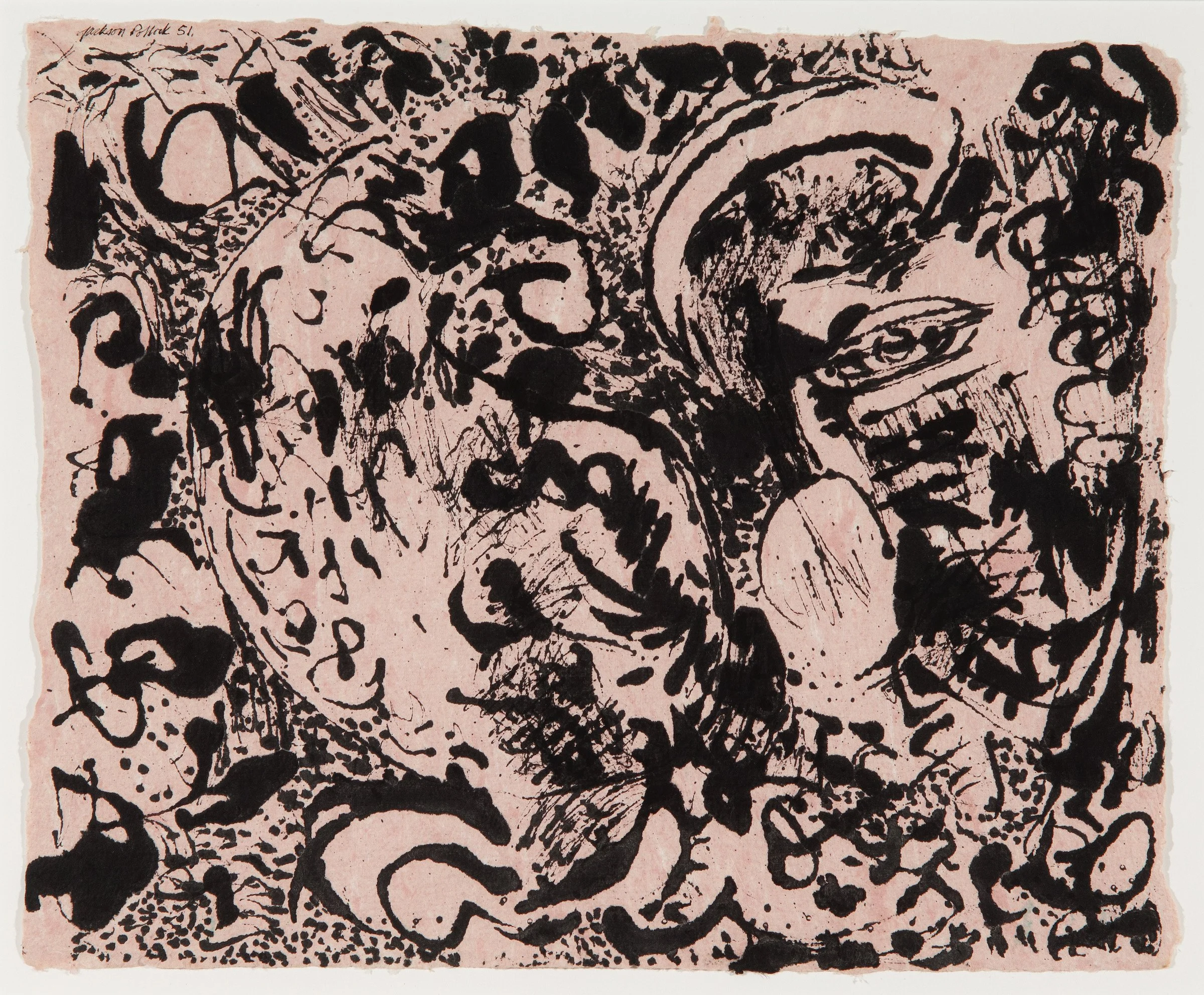(Highlights) Anthony Gardner · Prof. Contemporary Art History, Oxford · Fmr. Head, Ruskin School of Art
/Professor of Contemporary Art History, University of Oxford
Fmr. Head, Ruskin School of Art · Co-author of Biennials, Triennials and documenta: The Exhibitions That Created Contemporary Art
I think art can engage with the body, the mind, and the imagination in so many different ways that can compliment modes of thinking, other modes of creating and thinking through and working through and devising.
I was thinking about this in relation to the last 18 months and how the sciences have rightly been heralded as the great way of getting ourselves out of this pandemic, but culture is the way and art is the way that we've been getting through the pandemic.

















